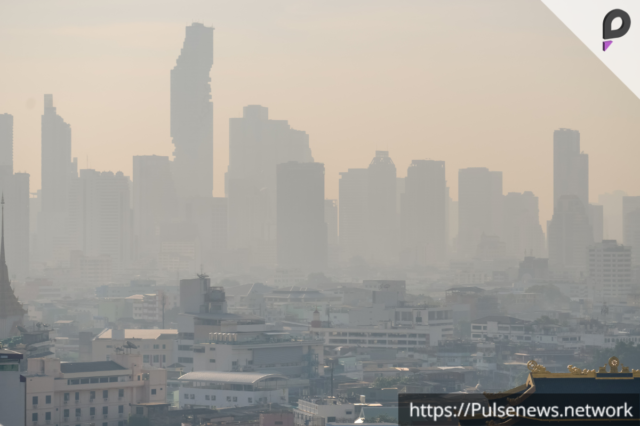Los Angeles: The recent wildfires in Los Angeles have created hazardous conditions, prompting air quality alerts and serious health concerns among residents. As the smoke from the fires envelops the city, local businesses and communities are feeling the impact.
Smoke and Air Quality Concerns
At Teddy’s Cocina in Pasadena, business thrived as evacuees sought refuge from the smoke-laden air. “It’s not breathable,” said Dulce Perez, a cook at the restaurant, highlighting the urgency of the situation. Just two miles away from one of the active fires, the air quality worsened, leading officials to issue warnings and cancel school classes.
As the fires raged, many residents experienced lung-burning air quality, with smoke containing ash and soot from the more than 10,000 structures destroyed. Air purifiers quickly sold out at local stores, and people began taping their windows to keep the smoke from entering their homes. Officials urged residents to remain indoors in areas affected by visible smoke.
Impact on Health
Although conditions improved slightly, air quality alerts remained in effect, with particulate matter levels still around four times higher than the World Health Organization’s guidelines. Aid workers from Sean Penn’s humanitarian organization, CORE, distributed N95 masks to vulnerable populations, particularly the homeless, who lack safe indoor spaces.
The wildfires, fueled by strong winds and dry vegetation, have burned over 34,000 acres since they began. Wildfire smoke is known to contain toxic gases and particulate matter, making it more dangerous than typical air pollution. Studies indicate a correlation between wildfire smoke exposure and increased rates of heart attacks, strokes, and weakened immune systems, particularly for individuals with preexisting health conditions.
Carlos Gould, an environmental health scientist at the University of California, San Diego, noted that fine particulate matter levels had previously reached alarming concentrations, contributing to a potential increase in daily mortality rates. Dr. Afif El-Hasan, a spokesperson for the American Lung Association, warned that the byproducts from burned materials could penetrate deep into the lungs and enter the bloodstream, placing additional strain on the heart.
Widespread Effects
Even those living far from the fire zone reported smoke-related issues.Customers at the Potholder Cafe in Long Beach avoided outdoor seating because of the persistent smell of smoke. Manager Veronica Gutierrez expressed her frustration, stating that despite purchasing an air purifier, it had little effect on the indoor air quality.
Experts warn that the health risks associated with smoke exposure may extend long after the fires are extinguished. Justin Gillenwater, burn director at the Los Angeles General Medical Center, anticipates long-term health consequences for individuals with respiratory conditions and allergies, stating, “This is going to be something that we’re going to be looking into for not just weeks, but really years.”
Conclusion
As Los Angeles continues to grapple with the ongoing wildfires, the implications for air quality and public health are becoming increasingly severe. With residents facing hazardous conditions and potential long-term health effects, immediate action and awareness are critical in navigating this challenging situation.











